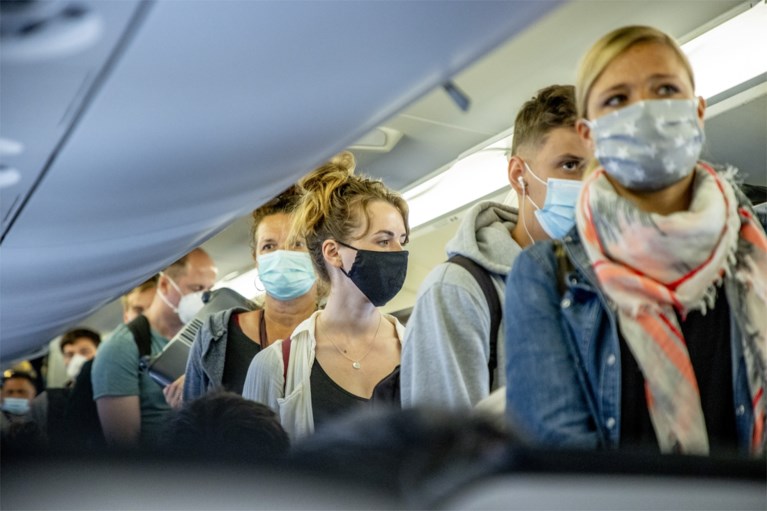Travelling from Belgium to destinations the country marked as red zones will no longer be forbidden from Friday, and instead become "strongly discouraged," but what impact does that change have on travellers?
As Belgium's official ban on non-essential travel to red zones will be lifted at the end of this week, sanctions (such as fines) can no longer be imposed on travellers who do decide to go to these destinations
The change, however, does not mean that the other rules for red travel zones will also no longer be applicable, according to Marie Cherchari, spokesperson for the Foreign Affairs Ministry.
"Before returning to Belgium, the Passenger Locator Form still has to be filled out. People returning from a red zone are still required to get tested and to quarantine," she told The Brussels Times, adding that this will remain required by law after Friday as well.
Related News
- Europe’s travel and tourism sectors call for end to quarantines
- Uniform travel restrictions across EU could be introduced next week
- Coronavirus: Belgium will lift ban on travel to red-zone destinations
This decision could also have an impact on Belgian travellers who get into trouble abroad, according to Cherchari. "People in red zones have deliberately ignored firm advice against going there. They can of course still call on the Belgian embassy, but the embassy is not required to offer these travellers consular assistance," she said.
Additionally, insurance companies also often pass the responsibility on to the traveller in these cases.
The change was announced by Foreign Affairs Minister Philippe Goffin on Tuesday, and puts Belgium in line with other EU countries which should help to work greater coordination at the European level, he said.
Belgium had so far been the only country in the EU to formally ban travel to red zone destinations, rather than just strongly advise against them.
The decision follows news that an EU-wide travel recommendations system is in the works, in an effort to bring clarity to travellers and as well as travel operators.
Goffin said that there still remained “a lot of work to do” before the system would be in place, but that the decision to align Belgium with other countries’ approach was “an important step towards real coordination.”
Maïthé Chini
The Brussels Times

